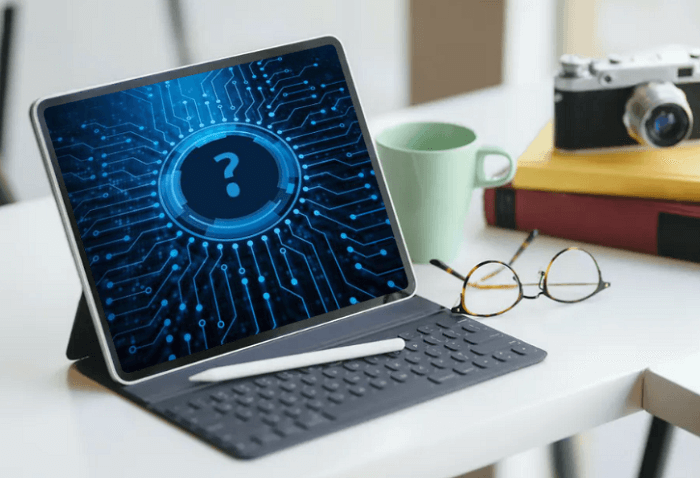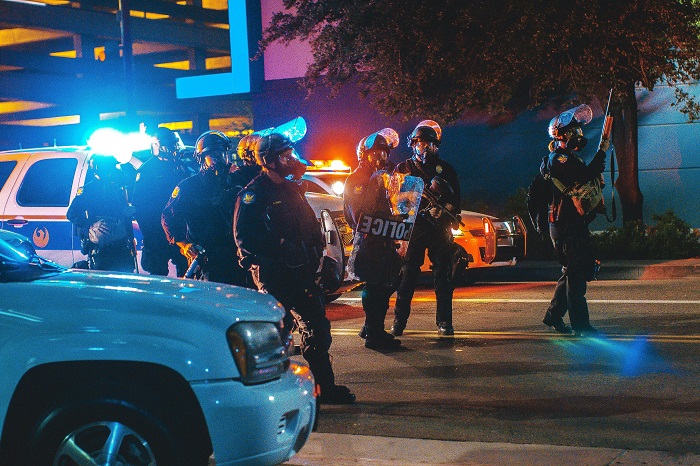
Government surveillance should not be a new thing for you if you are an experienced internet user. Unfortunately, it has become a harsh reality over time. Sadly, the story does not stop here. At present, government agencies use different methods that help them keep an eye on users’ online activities.
Therefore, people are bound to use a VPN when encrypting their crucial information online. But the question remains if government agencies can still track you even if you use a VPN .
Read this post to know the answer to this query in detail.
Can government agencies track you if you use a VPN?
Yes, government agencies can detect you even if you use a VPN. Let us take China’s example; the Great Firewall of China (GFW) relies heavily on the deep packet inspection (DPI) method to block VPN users’ traffic.
In this situation, you had better choose a VPN service that offers obfuscated servers. Obfuscated servers aside, a no-logging policy is a must to bypass governments’ surveillance tactics accordingly.
Furthermore, a VPN service must provide different security features like an internet kill switch, DNS leak protection, and WebRTC leak protection. If your VPN service does not offer these features, you may find yourself in hot waters and face harsh penalties in the form of imprisonment.
Can Police track a VPN user?

The police force is responsible for the detection and prevention of crime within the specified jurisdiction. Furthermore, it is supposed to keep the law and order situation under check.
Similar to government agencies like the FBI (Federal Bureau of Investigation), DEA (Drug Enforcement Agency), etc., Police can request ISPs upon the court order to provide connection or usage logs about a particular VPN user.
As already mentioned, ISPs know about their subscribers who use VPNs regularly. Therefore, they can inform the Police that they should consult with the VPN providers if they want to obtain the online whereabouts in the shape of connection logs, usage logs, or both.
Why do governments want to monitor their citizens’ online activities?
Different web-based apps record their users’ online activities to improve their services. By doing so, they can provide personalized services to users based on their preferences. Likewise, governments intentionally record their users’ web surfing activities to protect their citizens from various cyber threats.
However, not all things are rosy with governments’ spying activities. Your online data can fall into the wrong hands of cybercriminals, and they can use it to fulfill their illicit objectives.
The data you provide when visiting different websites is a lifeline for marketing or third-party advertising companies .
Wrapping Up
If you do not use a VPN, government agencies can easily monitor what you do over the internet. They can ask ISPs to provide all your information, including web searches, media steaming activities, etc., to them as and when needed.
Similarly, when you use a VPN, they can still identify that you are connected to a VPN server. However, they cannot trace what you do online while using a VPN service. That said, they can ask VPN providers like ISPs to give their users’ browsing activities.
In case a VPN follows the concept of a no-logging policy appropriately, there are chances the government may not be able to get the required users’ data.
